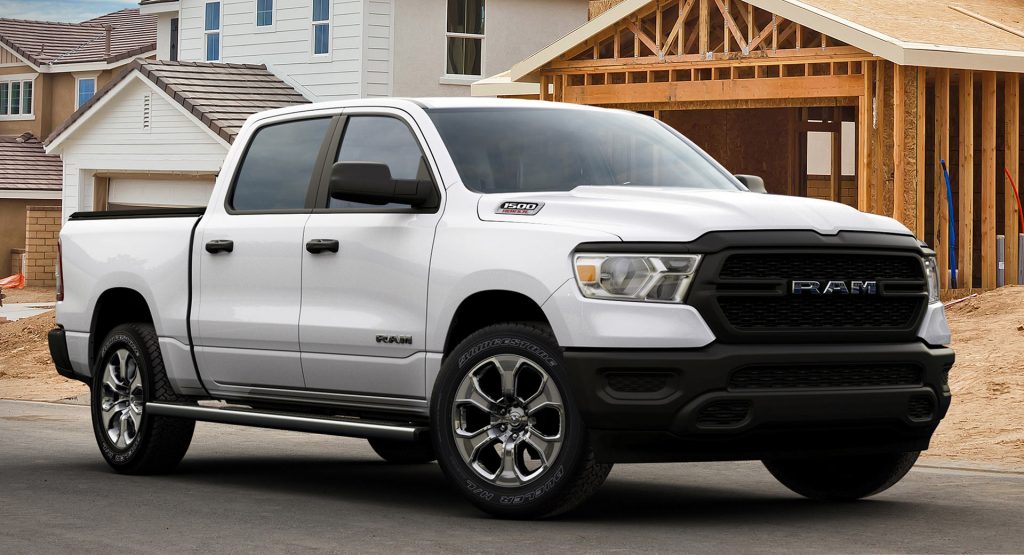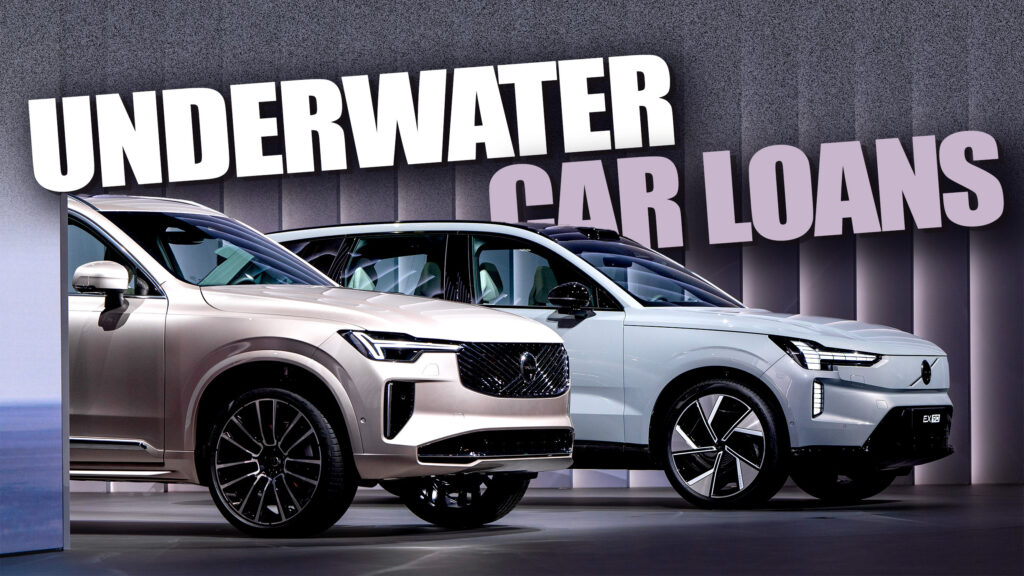- More than 24 percent of cars traded for new vehicles in the US have negative equity, and the number is rising.
- One in five drivers with negative equity owes more than $10k on their auto loans, an Edmunds study reveals.
- Paying over MSRP during the pandemic and low trade-in values are hurting buyers trying to upgrade in 2024.
American drivers who took out loans to buy cars are increasingly finding themselves saddled with negative equity, with a disturbing number now owing more than $15,000 beyond their vehicle’s worth, according to a new study.
Data from Edmunds reveals that the share of American drivers who are upside down on their car loans at trade-in time increased from 23.9 percent in the second quarter of this year to 24.2 percent in the three months that followed. To put that in perspective, this figure stood at just 18.5 percent in Q2 of 2023 – a significant spike in just over a year.
Related: New Car Buyers Taking On $1,000+ Monthly Payments At Alarming Rates
The amount owed on those upside down loans has also increased, reaching an all time high of $6,458 in Jul-Sep versus $6,255 in Q2 2024 and $5,808 in Q3 2023. Edmunds says the problem affects all vehicle segment from compact SUVs to full-size pickup trucks.
But perhaps the most worrying aspect is the proportion of drivers who owe far more than $6,458. A total of 22 percent of American drivers – more than one in five – with negative equity owe at least $10,000 on their loans, and 7.5 percent owed more than $15,000.
Edmunds experts put the problem down to a mix of unfortunate market conditions and poor financial judgement, explaining that many people paid over MSRP for new cars during the pandemic and chip-related inventory crunch, and those same people are now suffering low trade-in values. Another factor is drivers taking out long loans and trading in too soon.

Ivan Drury, Edmunds’ director of insights, recommends drivers worried about negative equity keep their car as long as possible while making sure they maintain its regular service schedule to prevent any unnecessary drops in value.
“With prices and interest rates being as high as they are, it’s critical for consumers to think beyond the monthly payment and be honest with themselves about their ownership habits,” said Drury. “A seven-year auto loan is a one-way ticket to negative equity if you know you’re not the type of person to keep a vehicle for that long.”




